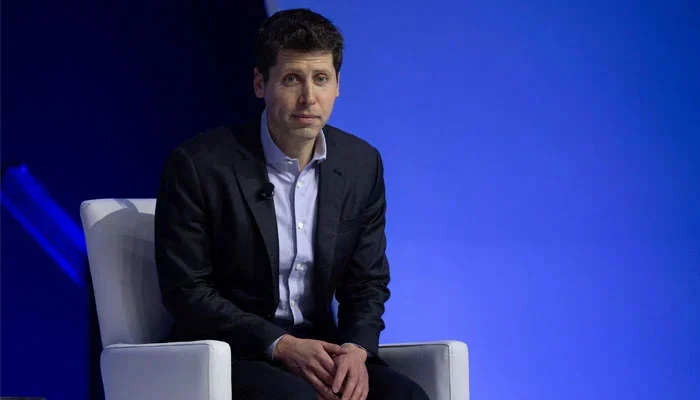Tech
OpenAI to rehire Sam Altman as CEO

Latest News
TikTok offers a special in-app experience to commemorate the release of Jimin’s second solo album, MUSE, by BTS.
Latest News
63,000 Instagram accounts are deleted by Meta
Latest News
Google abandons its plans to do rid of cookies in Chrome
-

 Business2 days ago
Business2 days agoA jail sentence and heavy fines were declared for fake tax documents.
-

 Latest News2 days ago
Latest News2 days agoThe ECP asks the SC to clarify the ruling in the PTI reserved seat case.
-

 Latest News2 days ago
Latest News2 days agoUS Will Not Interfere in Pakistan’s Internal Matters: Miller
-

 Business2 days ago
Business2 days agoThe price of gold has drastically dropped in Pakistan.
-

 Latest News2 days ago
Latest News2 days agoPrime Minister and Secretary General of ECO Hold Meeting
-

 Latest News2 days ago
Latest News2 days agoPM Youth Programme: Shehbaz Sharif Makes Critical Choices To Give Youth Jobs
-

 Latest News2 days ago
Latest News2 days ago63,000 Instagram accounts are deleted by Meta
-

 Business2 days ago
Business2 days agoIPPs in Pakistan are receiving billions of rupees while not generating any electricity.























